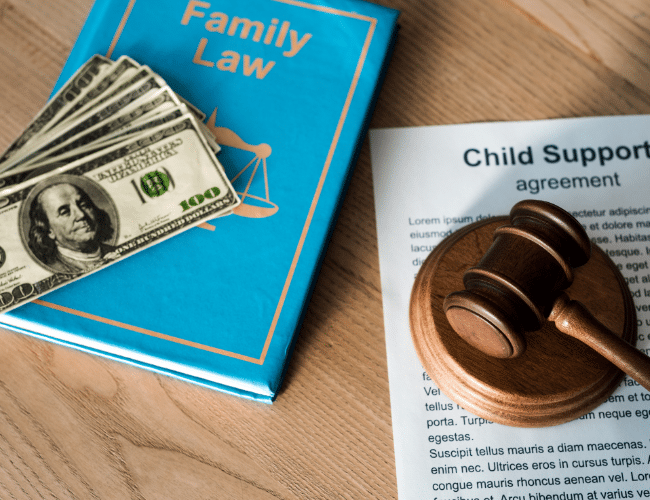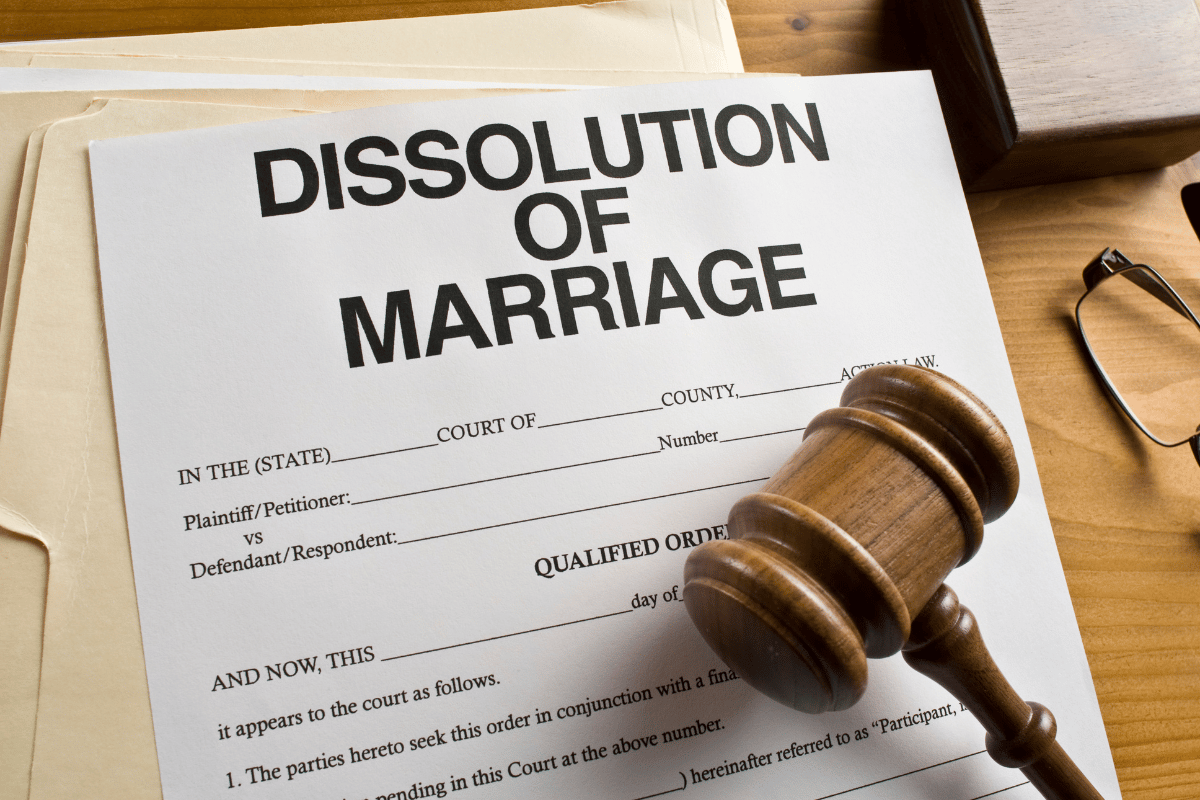Knowing how to prepare for a divorce deposition is critical to maintaining your composure during questioning by your spouse’s attorney and making sure you are not taken advantage of. Our divorce attorneys at the O’Mara Law Group treat every client with the respect and compassion they deserve. We have the experience to help you prepare for high-stakes depositions and fight for you in and out of court. Contact us today to learn more.
If you are going through a divorce, you will likely have to attend depositions to answer questions related to your finances and other family matters. The deposition process can be intimidating, so it’s a good idea to prepare thoroughly. Doing so will help calm your nerves and have appropriate answers ready.
If you are worried about preparing for a divorce deposition in Florida, the experienced family law team at the O’Mara Law Group can help. We will treat you with the respect and compassion you deserve, make sure you know your full rights, and help you prepare for depositions. We will also help negotiate a fair divorce settlement on your behalf and represent you in court. Contact us to learn more in a consultation.
What Is a Divorce Deposition?
Before divorce proceedings, there is a discovery process during which each attorney provides financial documents, asset inventories, and other important information to opposing counsel. Either attorney can ask for a deposition during the discovery process.
During a divorce deposition, you will answer questions about contested issues from opposing counsel. They will ask about things that will come up in the divorce proceedings, some mundane, some significant, and maybe even some aimed at painting you in a poor light. For example, your spouse’s attorney might ask if you recognize a bank statement and then quickly follow up by asking whether you are hiding assets.
You must answer under oath during a deposition, and while your lawyer can object to questions, Florida law prohibits them from directing you to simply not answer. There are also circumstances in which they can stop a deposition and ask for a judge’s ruling before continuing.
When Do Depositions Happen in the Divorce Process?
Florida divorce proceedings start with one party filing a petition and the other answering within 20 days of receipt. The other party may then file a counter-petition. Under Florida law, both parties must file or exchange mandatory disclosure documents and information, such as financial affidavits, tax returns, a Certificate of Compliance, and a Child Support Guidelines Worksheet.
Once both parties have these documents, they prepare for depositions to answer questions about their marriage and points of disagreement. They use this information during later divorce proceedings.
If you must attend a divorce deposition in Florida, do so with a knowledgeable family lawyer from the O’Mara Law Group. We can help you prepare and look out for your best interests.
How Much Does a Divorce Deposition Cost?
The cost of your divorce deposition depends on your attorney’s fees and the cost of having a court reporter present. Some depositions go quickly, but those in a highly contested divorce may take much longer.
Hiring an experienced attorney to represent you in divorce proceedings, including depositions, can be an excellent investment. At the O’Mara Law Group, our clients generally find that having supportive, knowledgeable representation more than makes up for their legal expenses.
Under certain circumstances, such as if your spouse has a considerably higher income than you, Florida law allows you to submit a petition requesting that your spouse pay your attorney’s fees and other costs. This is often the case for stay-at-home parents with few non-marital assets to draw on during their divorce and after.
How To Prepare for a Divorce Deposition
Before your divorce deposition, review all relevant documents, filings, and financial information. Find copies of insurance policies, deeds, and other paperwork that may come into play during your depositions.
Most importantly, sit down with your lawyer and review questions that may come up during your deposition. It can be an uncomfortable process, but the point is for your lawyer to inform and prepare you in a neutral environment. If you have any questions, ask them. It is advantageous to go into your deposition with all the necessary information so that you feel confident in your ability to answer questions.
If the case involves child custody, review with your lawyer what you feel is a fair schedule for your children and the details of their care. Disputes over children sometimes make depositions contentious. An Orlando child custody lawyer from the O’Mara Law Group can help ensure you know what to expect from the proceedings.
Ten Divorce Deposition Tips
Thorough preparation is only the first step in navigating a deposition. Equally important is how you behave and answer during questioning. The following tips can help prevent outcomes that hurt you in later divorce proceedings, including hearings to determine child support and alimony agreements:
- Go over the key issues in your case with your attorney.
- Consider each question carefully before answering.
- Present yourself professionally and stay composed.
- Be familiar with all the details of your divorce case.
- Don’t volunteer more information than necessary.
- Stay silent if your spouse’s lawyer tries to intimidate you with their own silence.
- Give consistent answers to the same questions posed differently.
- Review all documents they hand you carefully, even if you are already familiar with them.
- Don’t try to guess answers if you don’t know.
- Remember, your divorce attorney will speak up for you when necessary. Allow them to do so.
The hope is for each deposition to proceed cordially, but this isn’t always what happens. The other attorney and your spouse may try to goad or confuse you with questions intended to harm your case. An accomplished Orlando divorce attorney at the O’Mara Law Group will stand up for you and act as a reassuring presence during your deposition.
How an Experienced Lawyer Can Assist with Your Deposition
A lot hinges on your preparation for and performance during a divorce deposition. If you give different answers in later testimony, even out of confusion, it can hurt your chances of getting a fair settlement and your desired custody arrangement. You need preparation in a neutral, supportive environment with your attorney to ensure you feel comfortable talking during the deposition.
An attorney with family law experience knows the questions you can expect in a divorce deposition. They can help prepare you based on their expertise and specific aspects of your case that are likely to come into play.
They also know the rules of depositions, such as when to object to questions. This is important, as officially objecting to questions on the record can impact the admissibility of your answers in future divorce proceedings.
Look for an attorney with experience in contested and uncontested divorce proceedings. Experience in both will ensure that they know how to push back against aggressive opposing counsel but also that they react in a cordial, professional manner.
Trust An Orlando Divorce Attorney from the O’Mara Law Group
The experienced divorce attorneys at the O’Mara Law Group can help you handle the legal ins and outs of your divorce. Our legal team includes divorce attorneys Mark M. O’Mara, and Mark Rabinowitz. All two are highly skilled in their practice area and widely recognized in the legal community for the high quality of their services.
If you need help during your divorce proceedings, contact us today. We are ready to put our decades of combined family law experience and in-depth legal knowledge to work for you.



